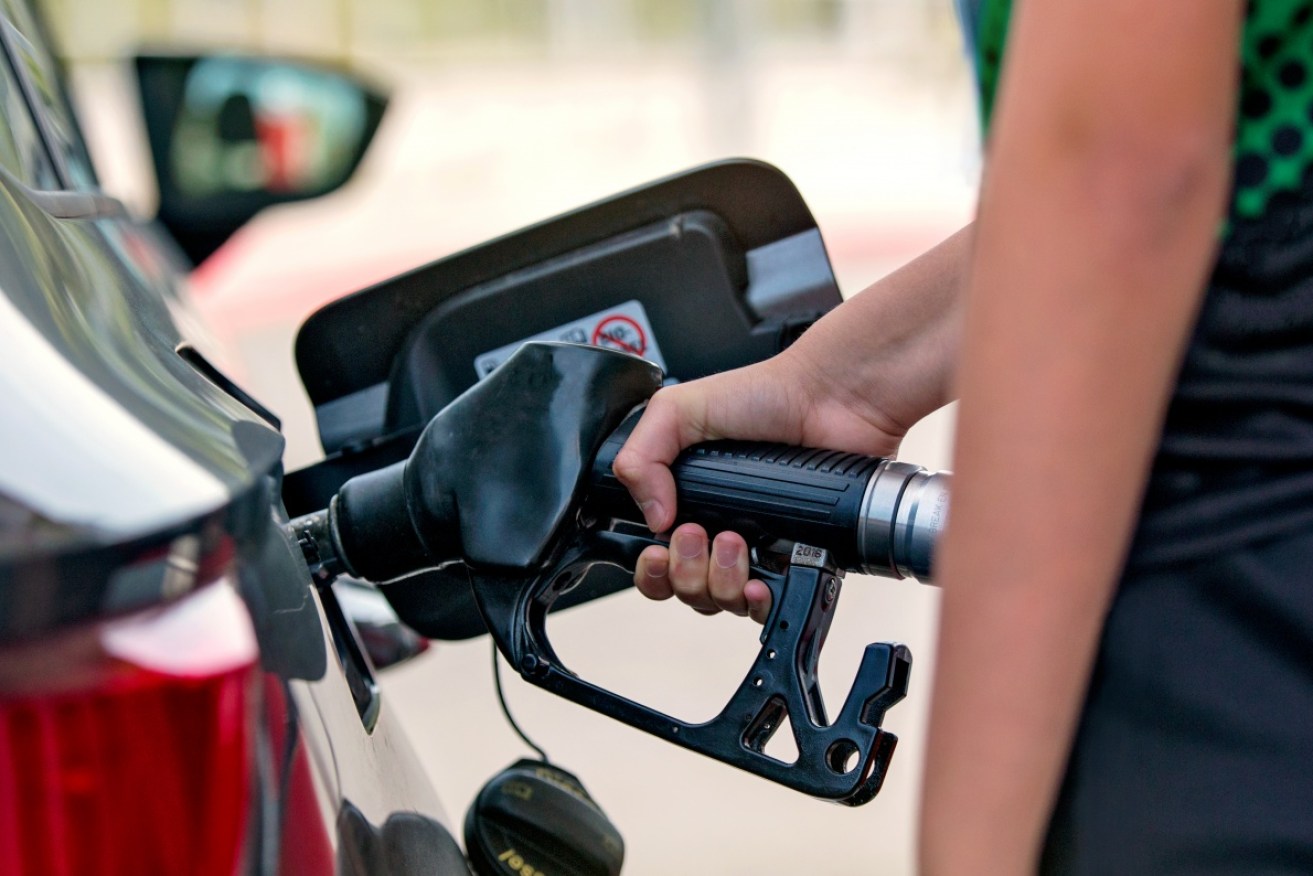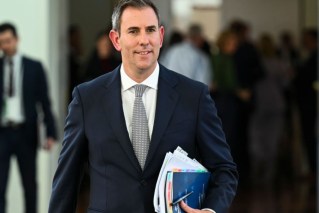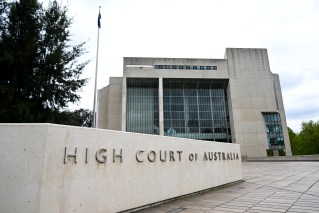How surging fuel prices will not just hurt you at the pump


Jim Chalmers says the Labor government has a plan to deal with the rising cost of living pressures. Photo: Getty
Soaring fuel prices will not only hurt motorists at the pump, but could also hike food costs and spark the reintroduction of airline fuel surcharges, experts have warned.
Some service stations in Brisbane were charging as much as $1.62 per litre for petrol on Friday, but general manager of Fueltrac Geoff Trotter said the rest of Australia will reach a similar price peak next week.
“We expect retail petrol prices will go up to $1.62 per litre,” Mr Trotter told The New Daily.
“That’s what will happen pretty much across the board in all the capital cities this coming week … there’s no doubt.”

Woolworths stations in Brisbane lead prices of up to $1.62 per litre. Photo: Geoff Trotter
The last time the petrol price went above $1.60 per litre in the five capital cities – Brisbane, Sydney, Melbourne, Adelaide and Perth – was in July 2014, Mr Trotter said.
The prices for unleaded fuel are “incredibly high”, RACQ spokesperson Ranee Smith told The New Daily.
“We don’t think that service stations can be justified for prices to go as high as what we’re seeing at the moment,” Ms Smith said.
“The prices are some of the highest that we’ve seen in years.”
‘Airlines are disingenuous’
Australian airlines will try to “jack up airfares” by reintroducing fuel surcharges, often citing the increased cost of aviation fuel as the reason, Mr Trotter said.
But airlines do not suffer from the costs of rising fuel prices, he said.
Often, they’re “disingenuous”. Some airlines lock in aviation fuel prices almost two years in advance, he said.
But Mr Trotter said airlines will often say ‘the oil price has gone up, so the aviation fuel’s gone up and we’ve got to put this airline fuel surcharge on’.
“They think they can get away with it,” he said.
“Airlines, no doubt will jump on the bandwagon very quickly and you’ll start to hear them talking about introducing airline fuel surcharges again.”
‘Food prices are high enough’
The impact of higher fuel prices on interstate food supplies that are time sensitive or require refrigeration “could be in excess of a 5 per cent flow on to the consumer”, Dr Kim Hassall, director of the Industrial Logistics Institute, told The New Daily.
“This is a big deal if we think about lamb chops at the moment. The prices are high enough now.
“If you actually added another 5 per cent on, this would actually be a very hard impost,” Dr Hassell said.
Diesel prices have increased to as much as $1.40 per litre which has resulted in up to a 13 per cent total cost increase in trucking operations – about seven times the rate of inflation, he added.
Transport companies usually vary their freight rates based on fuel price increases every three, six and 12 months depending on their contracts, Fueltrac’s Mr Trotter said.
Given the increases in the price of diesel – the major source of fuel for heavy vehicles transporting goods – these will start to flow through to increased transport costs, he said.
“One of the largest categories of goods carried is groceries including fruit and vegetables which in turn are sold to consumers in the supermarkets.”
‘Be smart’
Motorists must be “smart about where they shop”, RACQ’s Ms Smith said.
Filling up the car is one of the biggest weekly expenses, outside of getting the groceries, she said.
“So when we are being slapped with these higher prices at the bowser, it really does hurt our weekly budget.
“The more we’re being hit, families are going to have to re-evaluate their costs at home.”
The cheap fuel “will disappear incredibly quickly”, so motorists must fill up while prices are still cheap at some service stations, Ms Smith said.
RACV is urging motorists to see its online fuel-watch portal to find the cheapest deal on fuel.








